Inspiration. Empowerment. Growth. Community. These were all goals I had in mind when I started my blog.
Although it’s fun to write about lighthearted topics like fashion and food, what I find myself feeling most reward from are topics related to human connection.
This interest is what led me to discover Matanya’s Hope and my desire to work with them in Kenya.
Lesson about Privilege
It feels a bit selfish getting recognized for my work with them because of the meaningful life lessons they gave me.
I recently saw this video and feel like it sums up my perspective pretty well.
Privilege.
As Americans, we are sitting in the first row among the world. Within the US, my community sits in the front of the room. I grew up sitting in the back, so I am very aware of my surroundings.
Education Creates Responsibility
When we planned our family vacation to Africa, I wanted to do more than just see the animals.
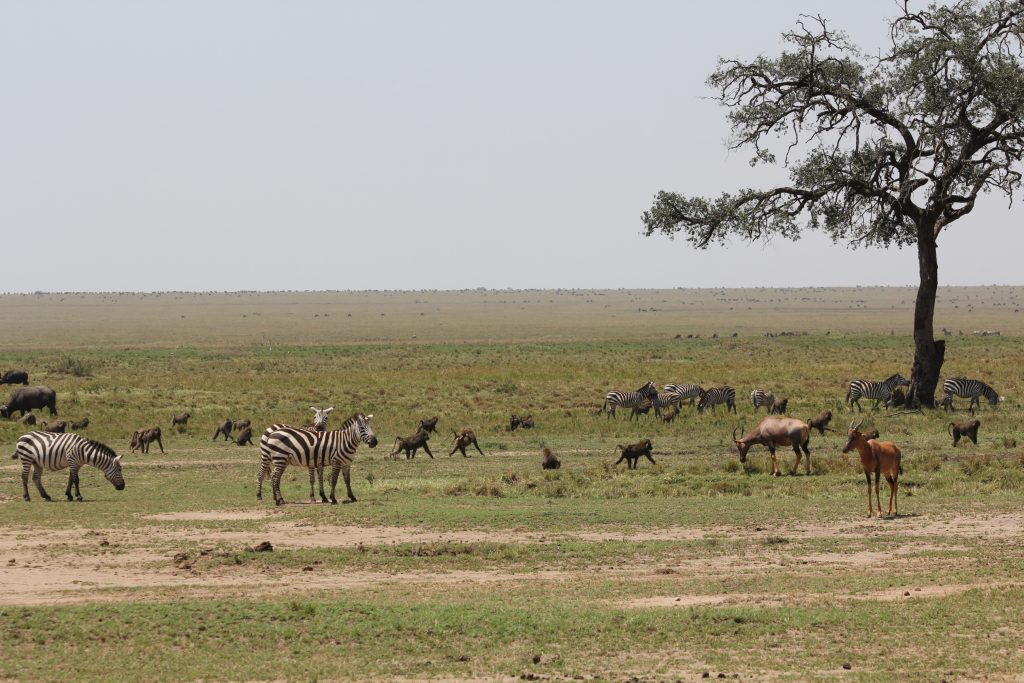
I grew up hearing phrases like “There are children starving in Africa.” Why are they starving, I wondered. I watched Unicef commercials, “For just 35 cents a day you can feed a child in need.” I wanted to understand what this meant. So I got on my computer and started searching.
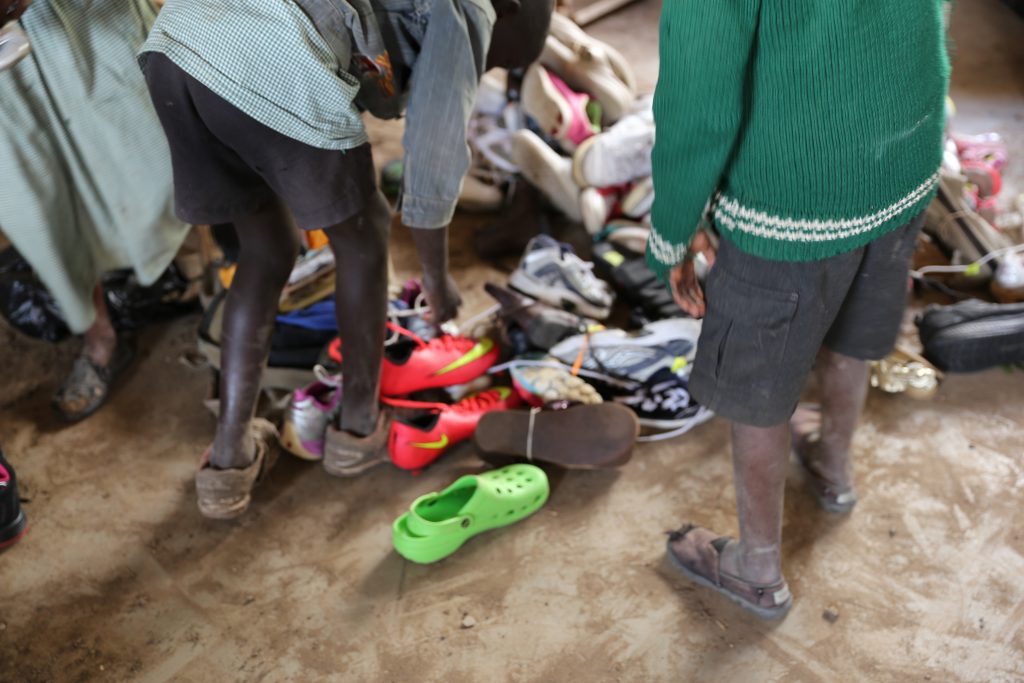
Kenya-children-education-non profit were search terms I used on Google which led me to a list of organizations’ websites. Most were large places similar to the Red Cross and Unicef, or organizations where it seemed there was some government involvement. I was in search of a grass roots organization with which I could actually spend time.
When I watched the first video by Michelle Stark (founder of Matanya’s Hope), I felt an immediate connection. Read my post, Why I’m Spending a Week with Children in Kenya to learn more about the purpose of Matanya’s Hope.
I am grateful technology has bridged the gap of communication, such that we have connection to the world at our fingertips. This connection gave me the opportunity to meet these kids in Kenya.
Before I dive into my key observations about working with Matanya’s Hope, let me set the stage.
Imagine your town having no plumbing or electricity. No waste management. Imagine not being able to rely on the government for anything, and not knowing which officials you can trust. Imagine having access to little or no clean water. Very hard to picture, right?
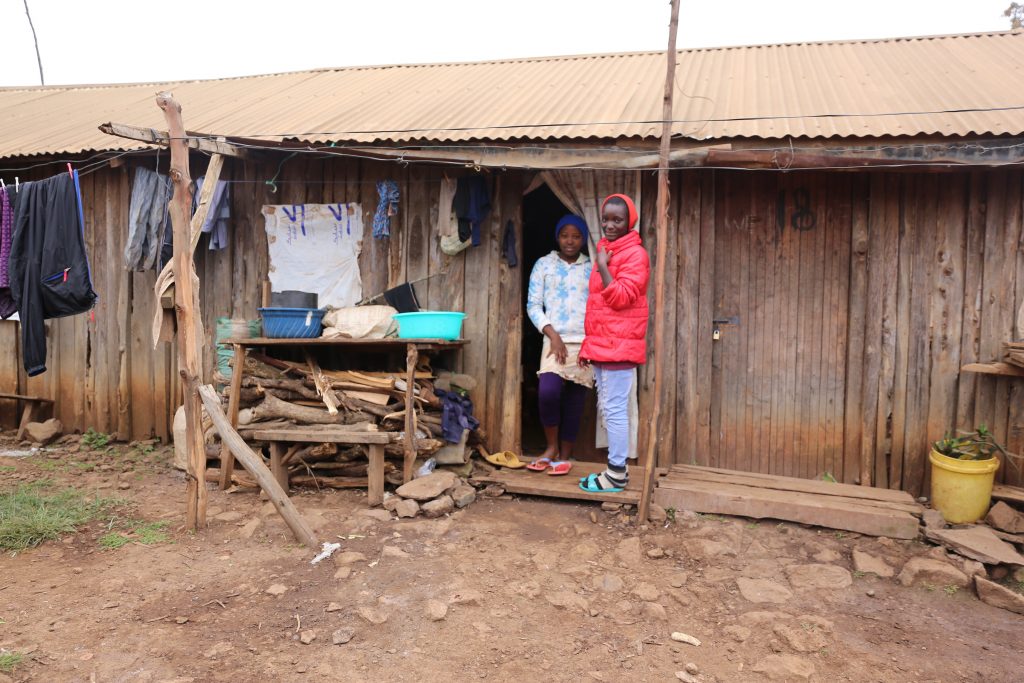
This is Kenya in a nutshell.
Facts about Kenya
- Kenya gained its independence from Great Britain in 1963 and became a parliamentary democracy.
- Kenya ranks 147th out of 180 countries in the world on the “Corruption Perceptions Index.” Bribe-taking is common among many lower-level officials.
- There are between 40 and 70 tribes in Kenya , each tribe having deep roots and values of “helping their own.” As a result, national consciousness is weak, and government inefficient.
- There is a huge gap between the poor and the rich. Half of the population lives on less than $3 a day, while a number of Kenyans are extremely rich. The wealthy seem to hold very little feeling of responsibility for the country and population as a whole.
- Nairobi is the capital city in the middle of Kenya with 4 million residents (10% of Kenya’s total population).
- Weak overall infrastructure (mostly no waste management, plumbing or electricity) for the country means that nearly all of the rural population are forced to rely on farming for their own food as well as income.
- Around 3/4 of Kenya’s population is dependent on the agriculture industry, but with its erratic weather patterns and vast regions of arid desert, it is very unstable. Even when crops have been sufficient, poor government policies and international trade terms hampered agricultural growth.
- Around 7% of the population is infected with HIV/AIDS (not only through intercourse, but also through their parents and receiving infected blood).
- There are 30 universities in Kenya of which 23 are private and 7 state funded. Admittance into university is extremely competitive. School fees are often out of reach for poor families, leaving each generation to continue trying to find work while lacking the education to advance. One positive development is the introduction of free primary public education by the government. However, this system has many flaws including money being misappropriated and being insufficient to fund schools’ bare necessities.
Source of statistics above: Kenyaadvisor.com
Change in Perception
I realized how little I learn about other countries when my family visits for vacation. There is a large contrast between learning about history through museum and city tours verses getting a sense of the country’s modern day culture. It takes more work to get this experience, but it’s important.
I didn’t have “aha” moments while I was there. When my family arrived and we switched to our safari vacation, the accommodations and camps we visited seemed almost like a movie – it was so out of the ordinary; the contrast didn’t process as reality.
It wasn’t until I returned home to my hometown of Manhattan Beach, California that my experience with Matanya’s Hope really sunk in.
The air felt different. I breathed easier. I could walk outside without the feeling of needing to look over my shoulder. I turned on the lights with the flip of a switch.
It was all different. Flushing the toilet. Being able to wash my hands. Filling my glass with ice. There was a new appreciation for the most basic things! But they aren’t basic at all. They are very complicated systems we take for granted due to our first-world society.
Watch this video showing you a glimpse of life in Kenya that I experienced.
What do you think after watching the video?
We read and see stories in the news about 3rd world countries and their problems. But when we are so removed, it’s often hard to empathize. Also, as human beings, we don’t like bad news. Many of us turn our attention away and don’t want to see. Many of us feel we don’t have the space in our lives to look. The biggest lesson I learned as I’ve become more involved in charity- it is our responsibility to look. And to learn. And to help when we can.
This post drained me. I need to take a break before continuing on about my key takeaways from working with Matanya’s Hope. I am also excited to share my family’s safari vacation with you. Stay tuned! I’ll be back soon. And as always, I welcome your feedback!

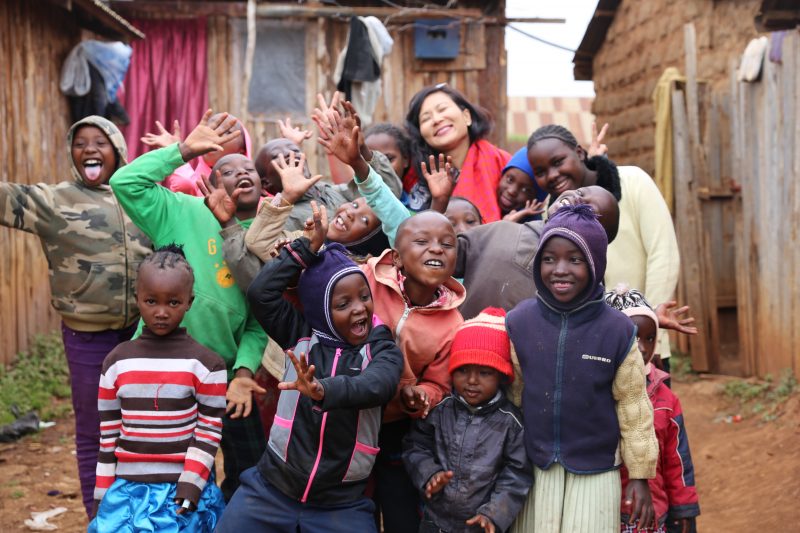
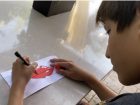
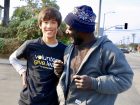
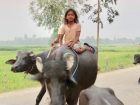
This post ministers in me, and tugs at all my heartstrings. Your story is so amazing!